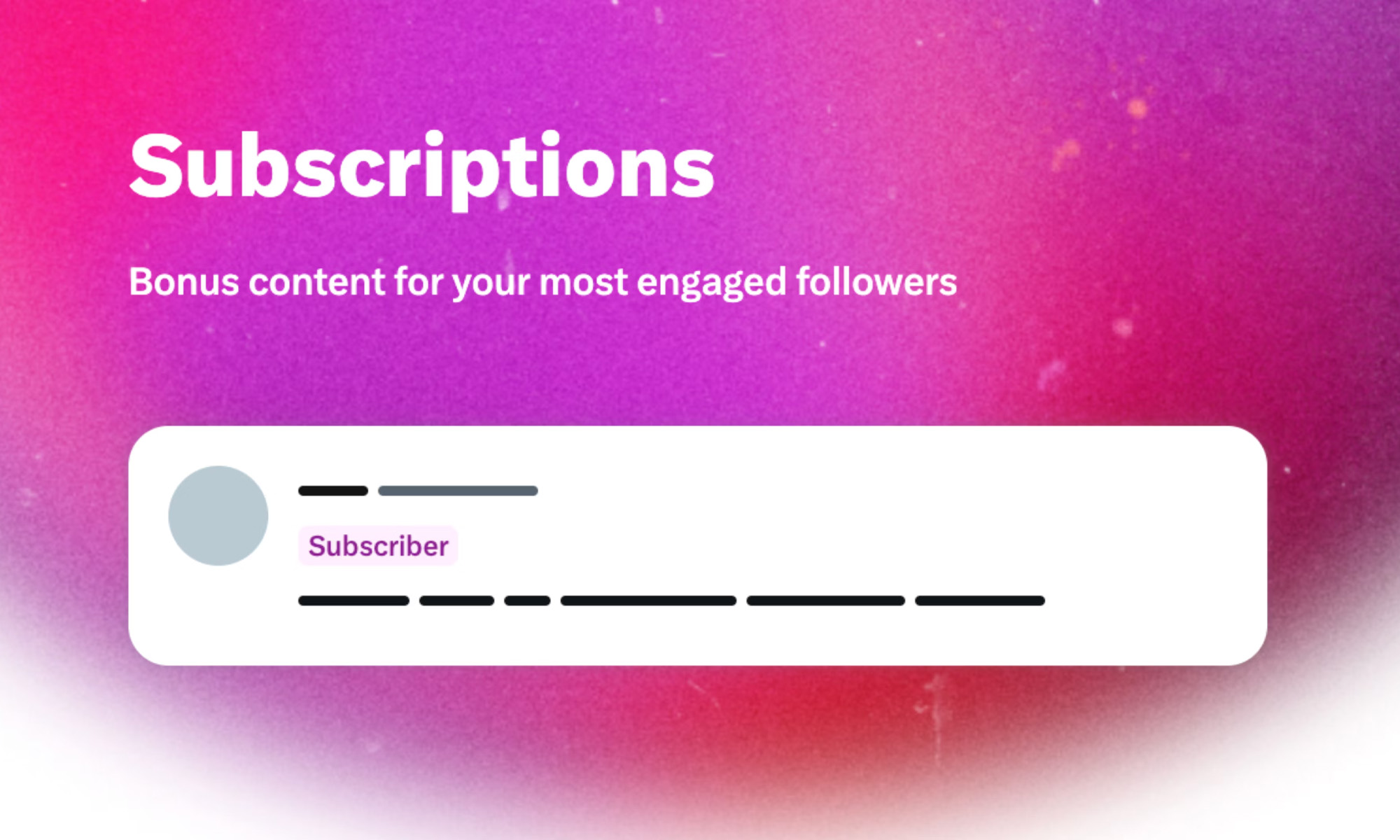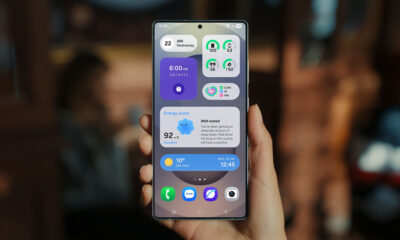News
Twitter Has Replaced ‘Super Follows’ With ‘Subscriptions’
Elon Musk reassured creators that the company won’t take a cut of earnings for the first year.

Introduced in 2021, Twitter’s Super Follows feature allowed creators to charge money for exclusive tweets. Now, in a rebrand announced by Elon Musk, creators who want to earn money on the platform will have to utilize Subscriptions instead of Super Follows.
For the next 12 months, Twitter will keep none of the money.
You will receive whatever money we receive, so that’s 70% for subscriptions on iOS & Android (they charge 30%) and ~92% on web (could be better, depending on payment processor).
After first year, iOS & Android fees…
— Elon Musk (@elonmusk) April 13, 2023
The Subscriptions feature includes long-form content and supports “hours-long videos”, according to Elon Musk. Like the previous Super Follows, creators can charge $2.99, $4.99, or $9.99 a month, offering subscriber-only chats in Twitter Spaces, special badges for paid subscribers, and potentially more upcoming features, including newsletters.
Also Read: NVIDIA Reveals RTX 4070 GPU & Announces RTX Remix Update
Musk noted that Twitter would not take any additional earnings cuts from creators “for the next 12 months” and that the company would “also help promote your work”. However, the controversial CEO hasn’t elaborated on what that would involve.
News
Rabbit Expands Hyperlocal Delivery Service In Saudi Arabia
The e-commerce startup is aiming to tap into the Kingdom’s underdeveloped e-grocery sector with a tech-first, locally rooted strategy.

Rabbit, an Egyptian-born hyperlocal e-commerce startup, is expanding into the Saudi Arabian market, setting its sights on delivering 20 million items across major cities by 2026.
The company, founded in 2021, is already operational in the Kingdom, with its regional headquarters now open in Riyadh and an established network of strategically located fulfillment centers — commonly known as “dark stores” — across the capital.
The timing is strategic: Saudi Arabia’s online grocery transactions currently sit at 1.3%, notably behind the UAE (5.3%) and the United States (4.8%). With the Kingdom’s food and grocery market estimated at $60 billion, even a modest increase in online adoption could create a multi-billion-dollar opportunity.
Rabbit also sees a clear alignment between its business goals and Saudi Arabia’s Vision 2030, which aims to boost retail sector innovation, support small and medium-sized enterprises, attract foreign investment, and develop a robust digital economy.
The company’s e-commerce model is based on speed and efficiency. Delivery of anything from groceries and snacks to cosmetics and household staples is promised in 20 minutes or less, facilitated by a tightly optimized logistics system — a crucial component in a sector where profit margins and delivery expectations are razor-thin.
Despite the challenges, Rabbit has already found its stride in Egypt. In just over three years, the app has been used by 1.4 million customers to deliver more than 40 million items. Revenue has surged, growing more than eightfold in the past two years alone.
Also Read: Top E-Commerce Websites In The Middle East In 2025
CEO and Co-Founder Ahmad Yousry commented: “We are delighted to announce Rabbit’s expansion into the Kingdom. We pride ourselves on being a hyperlocal company, bringing our bleeding-edge tech and experience to transform the grocery shopping experience for Saudi households, and delivering the best products – especially local favorites, in just 20 minutes”.
The company’s growth strategy avoids the pitfalls of over-reliance on aggressive discounting. Instead, Rabbit leans on operational efficiency, customer retention, and smart scaling. The approach is paying off, having already attracted major investment from the likes of Lorax Capital Partners, Global Ventures, Raed Ventures, and Beltone Venture Capital, alongside earlier investors such as Global Founders Capital, Goodwater Capital, and Hub71.


























